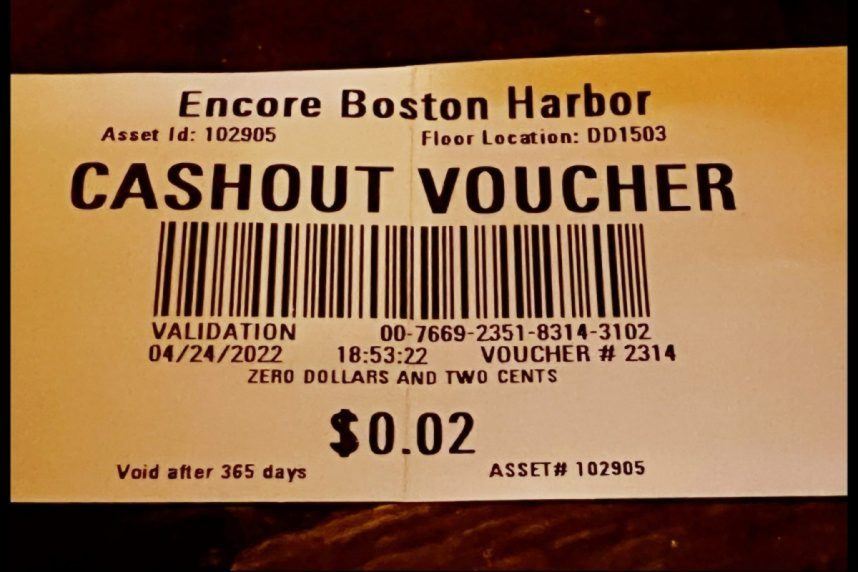Date: September 24, 2024, 04:54h.
Last Updated: September 24, 2024, 04:54h.
Wynn Resorts Massachusetts legal team has emerged victorious in a lawsuit spanning over five years.

The United States First Circuit Court of Appeals ruled on Monday that Wynn’s Everett casino in Massachusetts did not break state gaming laws or engage in deceptive practices. Circuit Judge Lara Montecalvo, speaking for the three-judge appellate panel, stated that plaintiff A. Richard Schuster’s claims against Wynn MA, LLC were baseless.
Attorney Wayne Dennison, representing Wynn Resorts alongside Josh Dunn, stated, “The gaming practices challenged by the plaintiff were completely legal.” This follows a series of court decisions supporting Wynn’s position.
Schuster alleged that the slot machine voucher payout at Encore Boston Harbor did not comply with consumer protection laws in Massachusetts. When players finish playing a slot machine, they receive a ticket that can be redeemed for cash at the casino cage or cashier kiosk.
The ticket redemption units at Encore called TRUs do not dispense coins and round down the amounts on the vouchers. For example, a $43.57 voucher would be paid out as $43 in cash, with a separate ticket printed for the change amount to be redeemed at the cage.
During the pandemic, many casinos transitioned to coinless operations due to a coin shortage. Schuster argued that Encore’s redemption process violated internal controls and state gaming regulations set by the Massachusetts Gaming Commission.
However, federal courts dismissed Schuster’s claims.
Schuster’s Legal Setback
Schuster’s initial complaint in 2019 involved accusations against Encore Boston Harbor regarding the operation of 6:5 blackjack games instead of the more common 3:2 odds. In 6:5 games, the house edge is significantly higher, affecting players in the long run.
Schuster claimed that Wynn did not adequately inform players about the odds at the casino’s blackjack tables.
With 6:5 odds, players are paid $6 for every $5 bet, whereas in 3:2 odds, a winning hand receives $3 for every $2 wagered. This shift in odds has significant implications, especially for high-stakes games.
Following an investigation by the Massachusetts Gaming Commission, it was determined that Wynn’s operations were compliant with regulations. Despite Schuster’s appeals, the Massachusetts Supreme Court sided with Wynn.
Schuster then challenged the casino’s slot redemption process, which was dismissed in federal court in February 2023.
After an appeal and multiple legal maneuvers, the federal appellate court issued its final judgment recently.
Closing Odds on the Case
The U.S. appeals court ruled in favor of Encore’s practices, stating that they comply with gaming regulations and do not infringe on state or federal laws. Schuster’s claims were deemed unfounded, and the judges emphasized that the redemption process did not impede players from cashing out or continuing to play.
The court confirmed that Massachusetts’ gaming laws include vouchers as part of the definition of “funds,” affirming Encore’s practices.
With this recent legal defeat, Schuster’s last option for appeal lies with the U.S. Supreme Court, although the chances of the case being accepted are slim.


